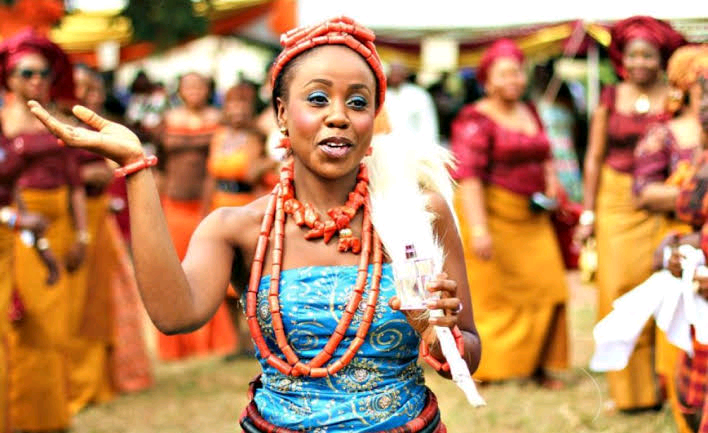The Bahumono (also known as Ehumono or Kohumono) are an ethnic group from southeastern Nigeria. They are predominantly found in the Abi Local Government Area of Cross River State and are the largest ethnic group in that region. The Bahumono speak the Kohumono language.
History
The Bahumono people traditionally inhabit areas along the Cross River. According to their oral tradition and folklore, they migrated from a place called Hotumusa, which is considered their spiritual and ancestral homeland. This location is notable for the Ekpon á Rara rock.
During the colonial era, the Bahumono actively resisted British rule. Alongside other Upper Cross River tribes, they were instrumental in thwarting the British Cross River expeditions of 1895, 1896, and 1898, leading to the deaths of several British personnel.
Historically, the Bahumono were part of the Aro Confederacy. Today, the group is composed of eight villages:
- Ebijakara (Ebriba)
- Ebom
- Ediba
- Usumutong
- Anong
- Igonigoni
- Afafanyi
- Abeugo
They share close ties with neighboring groups such as the Efik, Waawa, Yakurr, Akunakuna, Ekoi, and Annang peoples.
Culture and Tradition
Bahumono cultural life shares strong similarities with neighboring ethnic groups. Ancestry is traced through the Eshi, meaning womb or navel. Individuals from the same Eshi are considered siblings and descendants of the same father and mother, a system comparable to that of the Annang people.
Villages are further organized into subdivisions called Rovone.
Traditional practices include:
- Membership in the Ekpe secret society
- Participation in fattening room rituals
- Observance of traditional Bahumono religious beliefs (though this is in decline)
Festivals
Important festivals celebrated by the Bahumono people include:
- Rathobai
- Afu Wrestling Festival
- Masquerade Parade
- Oboko
- Annual Humono Festival
- Traditional Boat Racing Challenge
- Obam
Cuisine
Bahumono cuisine is closely related to that of the Efik, Igbo, and other Cross River communities. Popular traditional dishes include:
- Fufu
- Okho (Oha) Soup
- Edikang Ikong
- Ehkpan
See Also
References
(No references listed)
